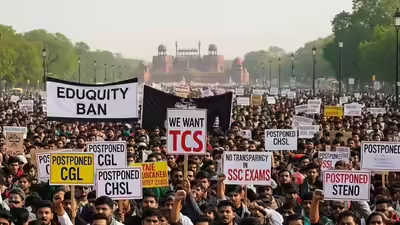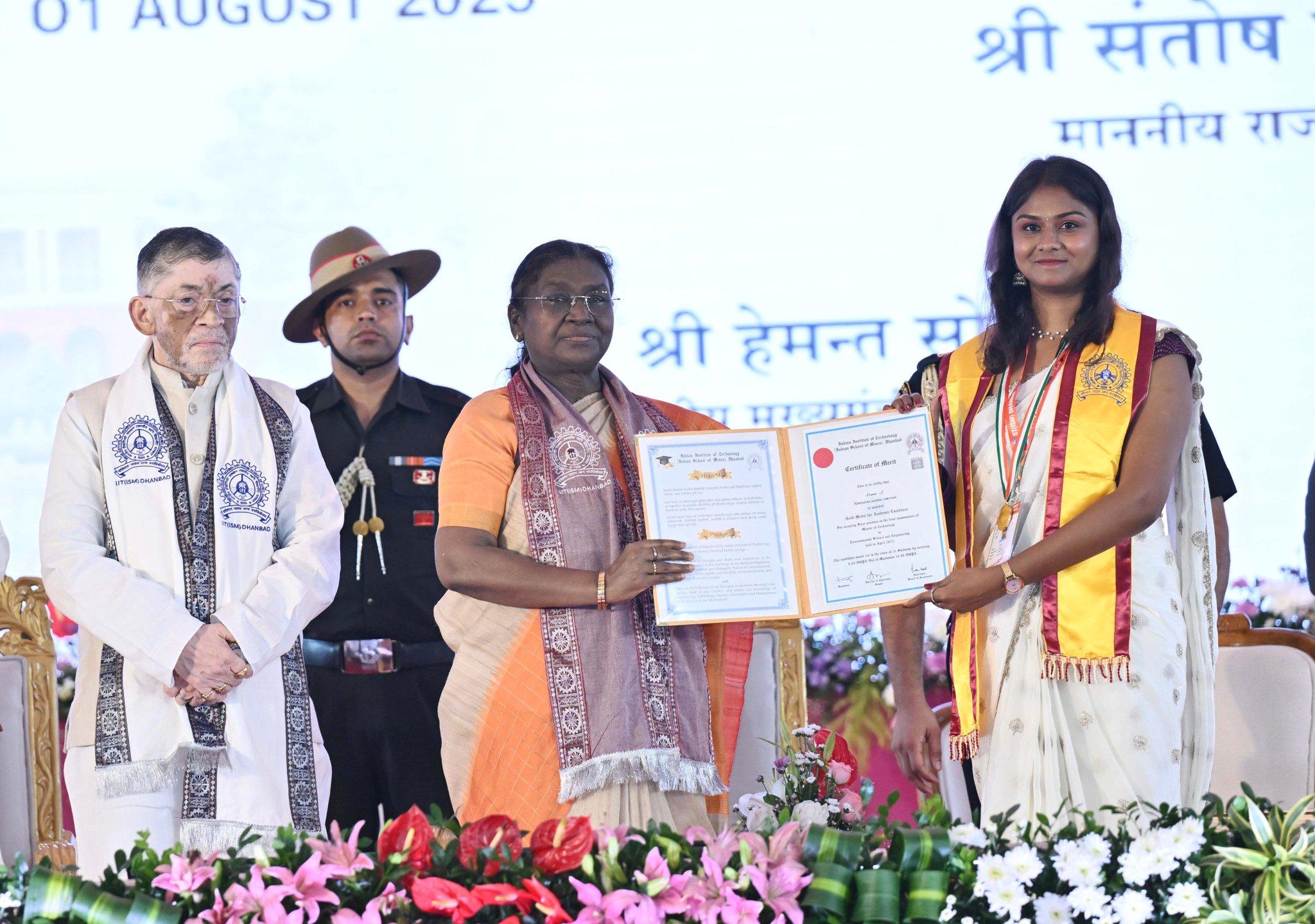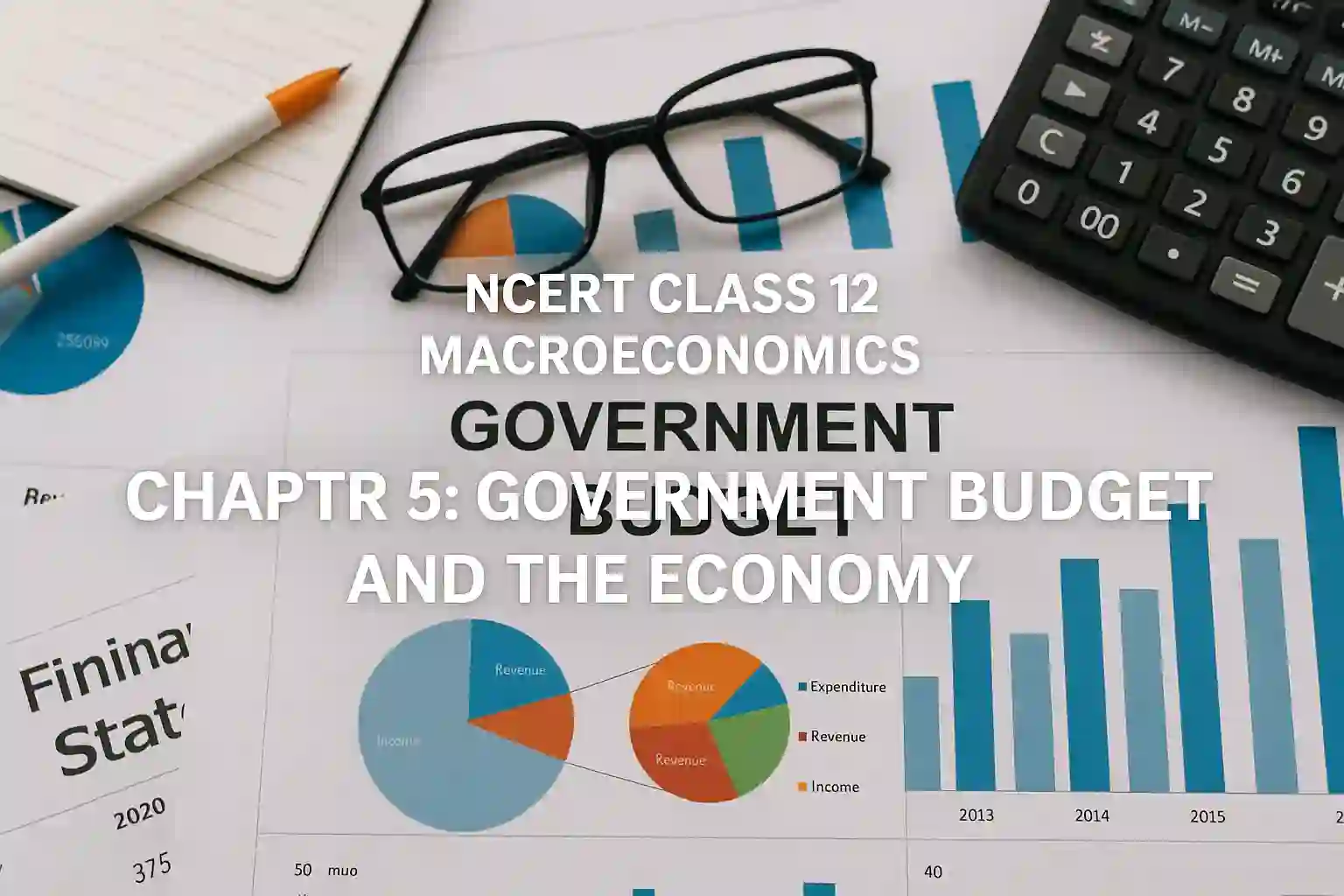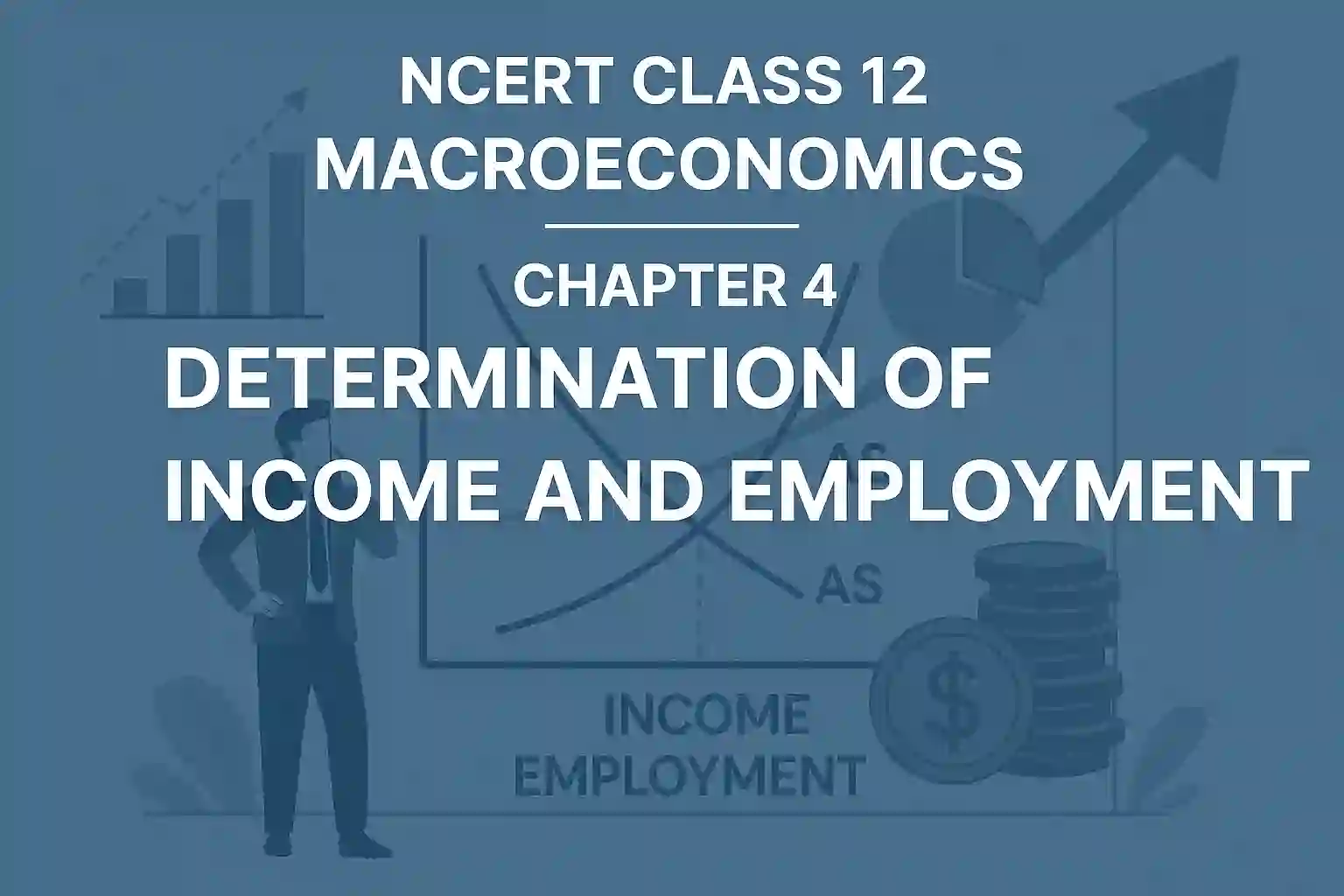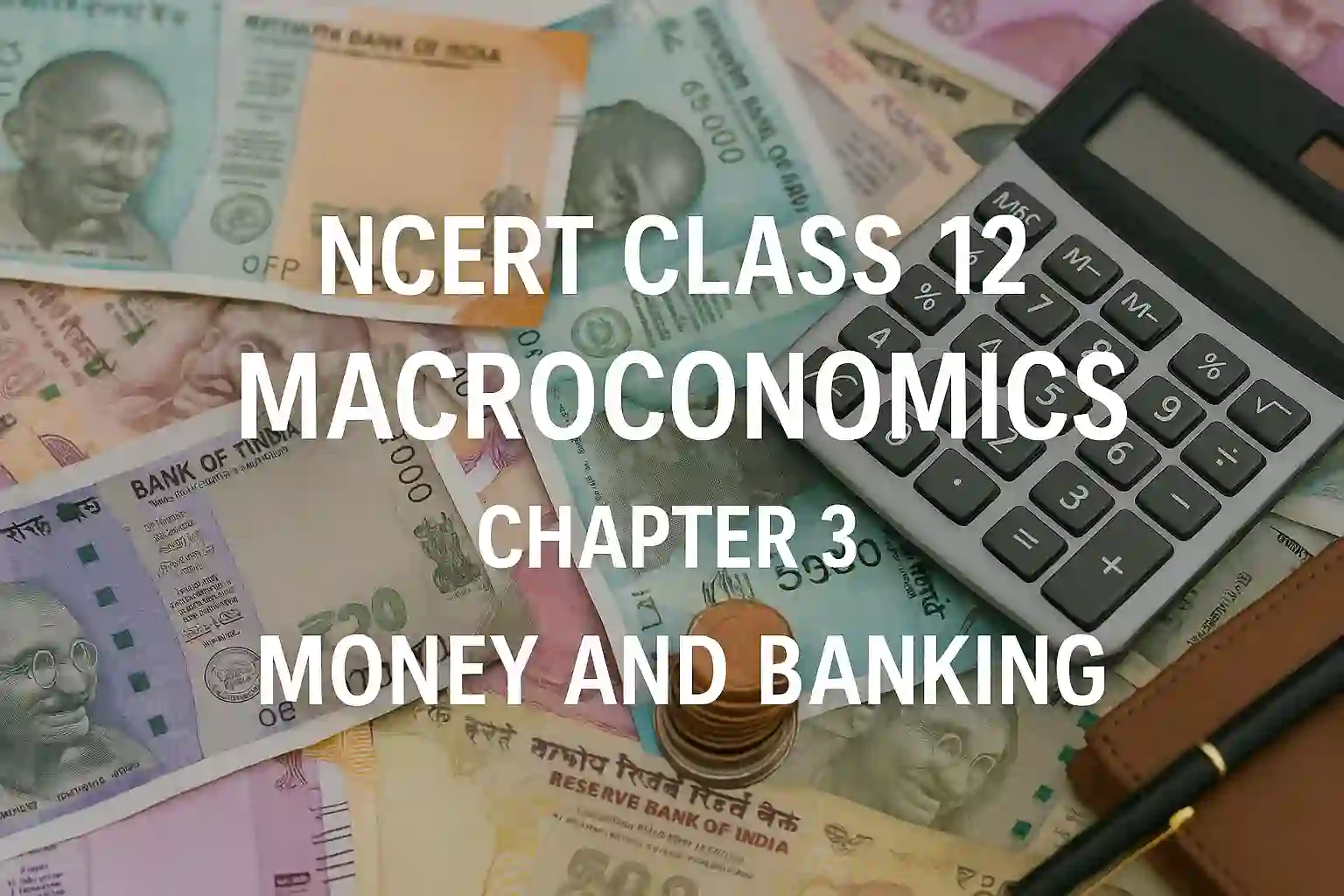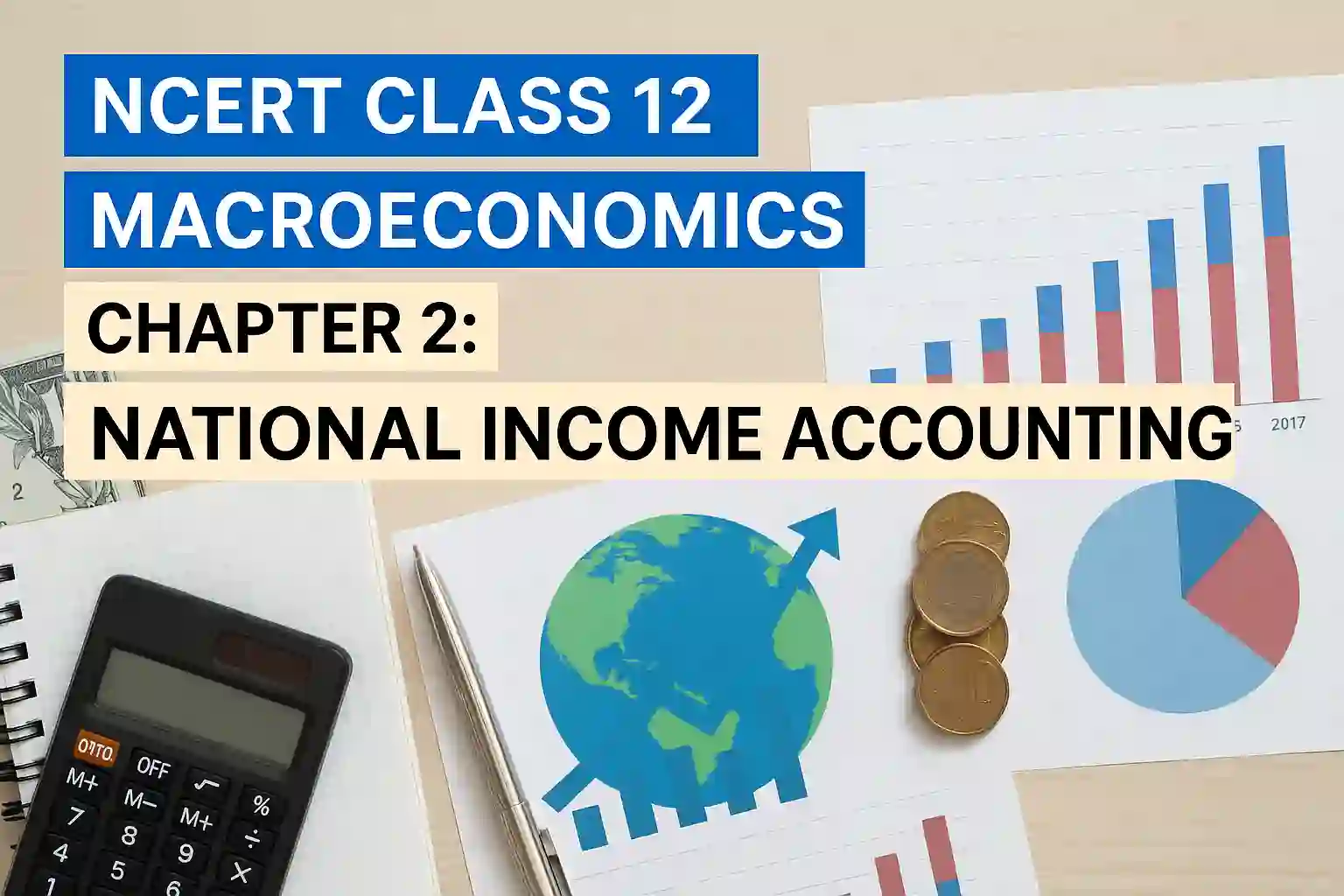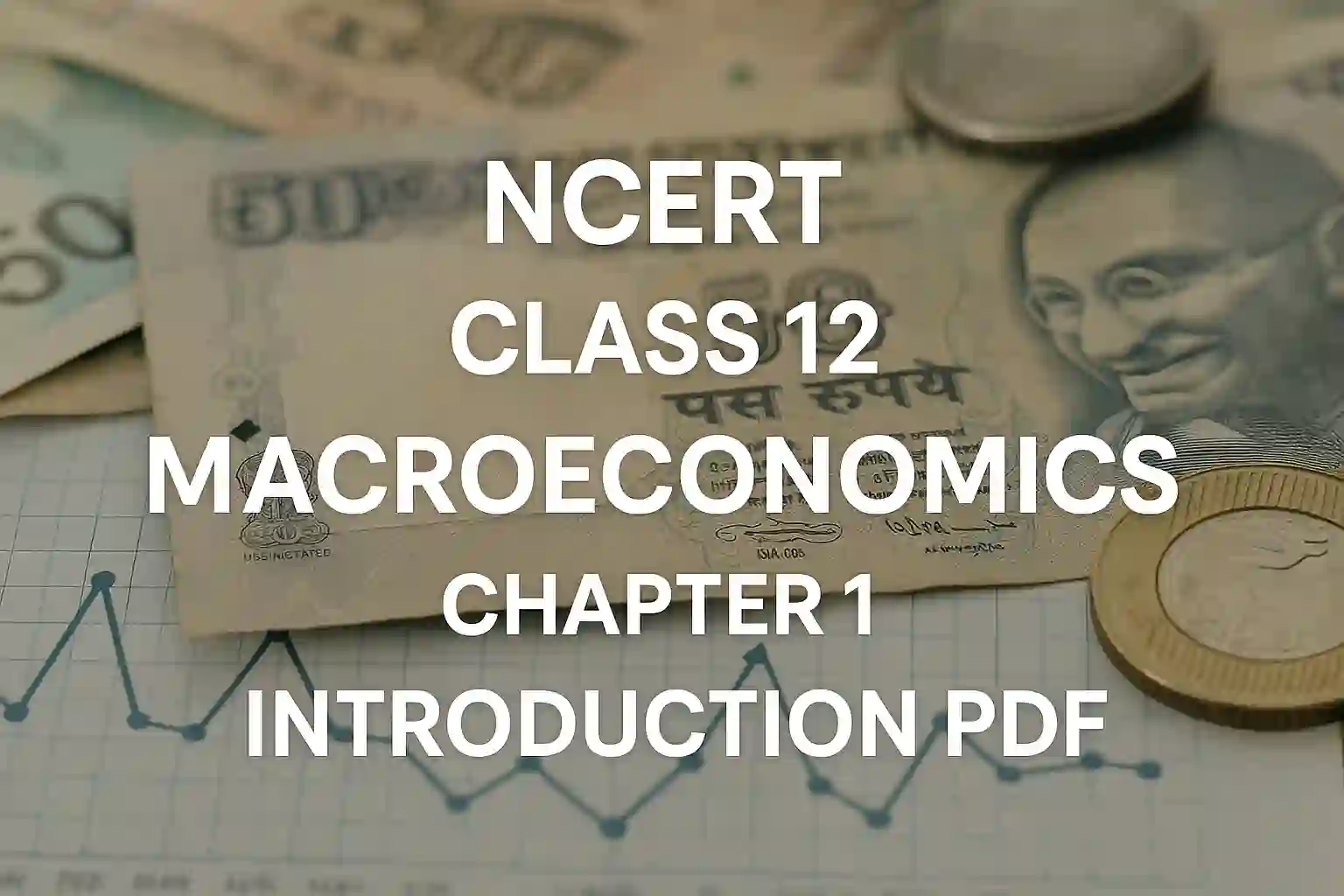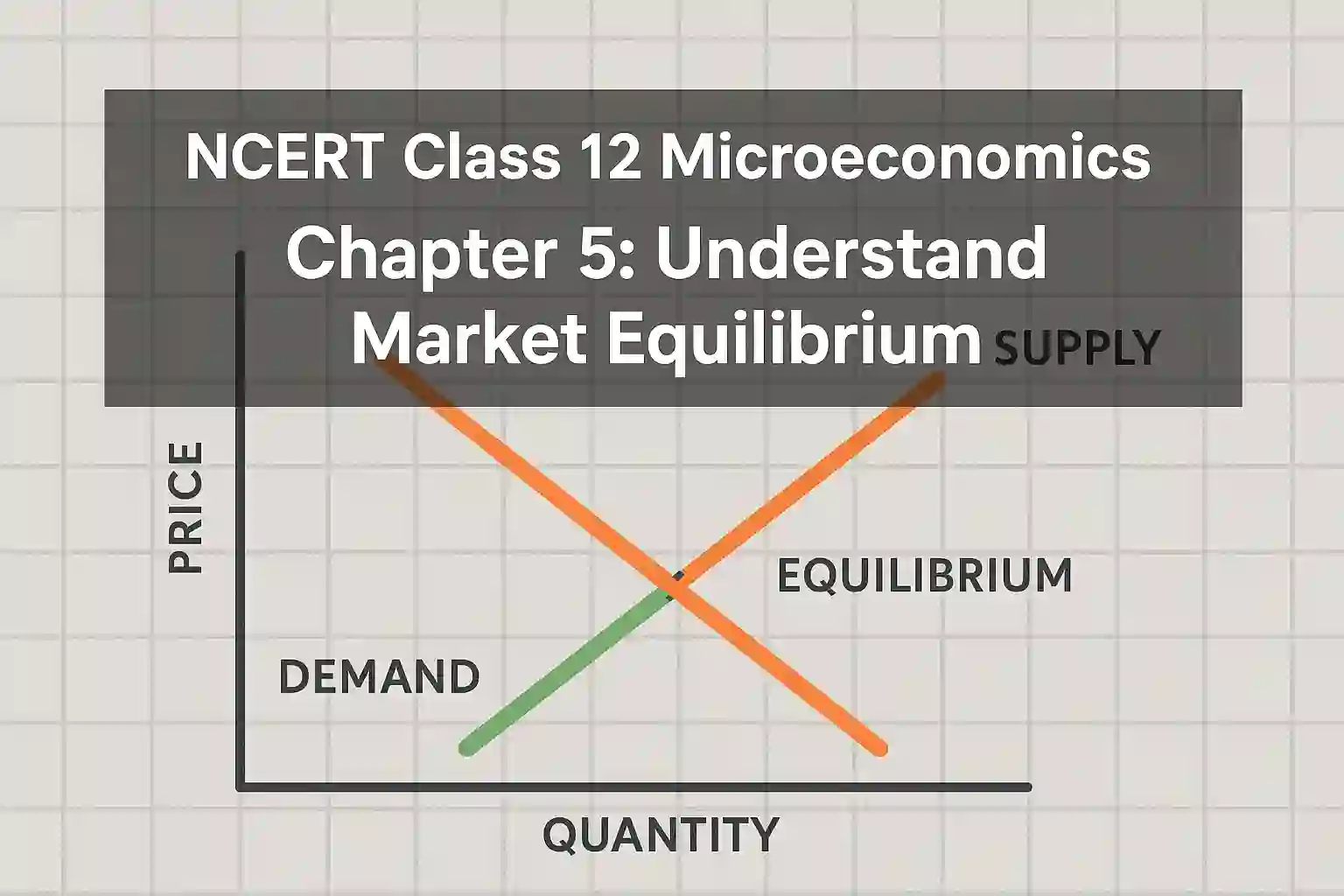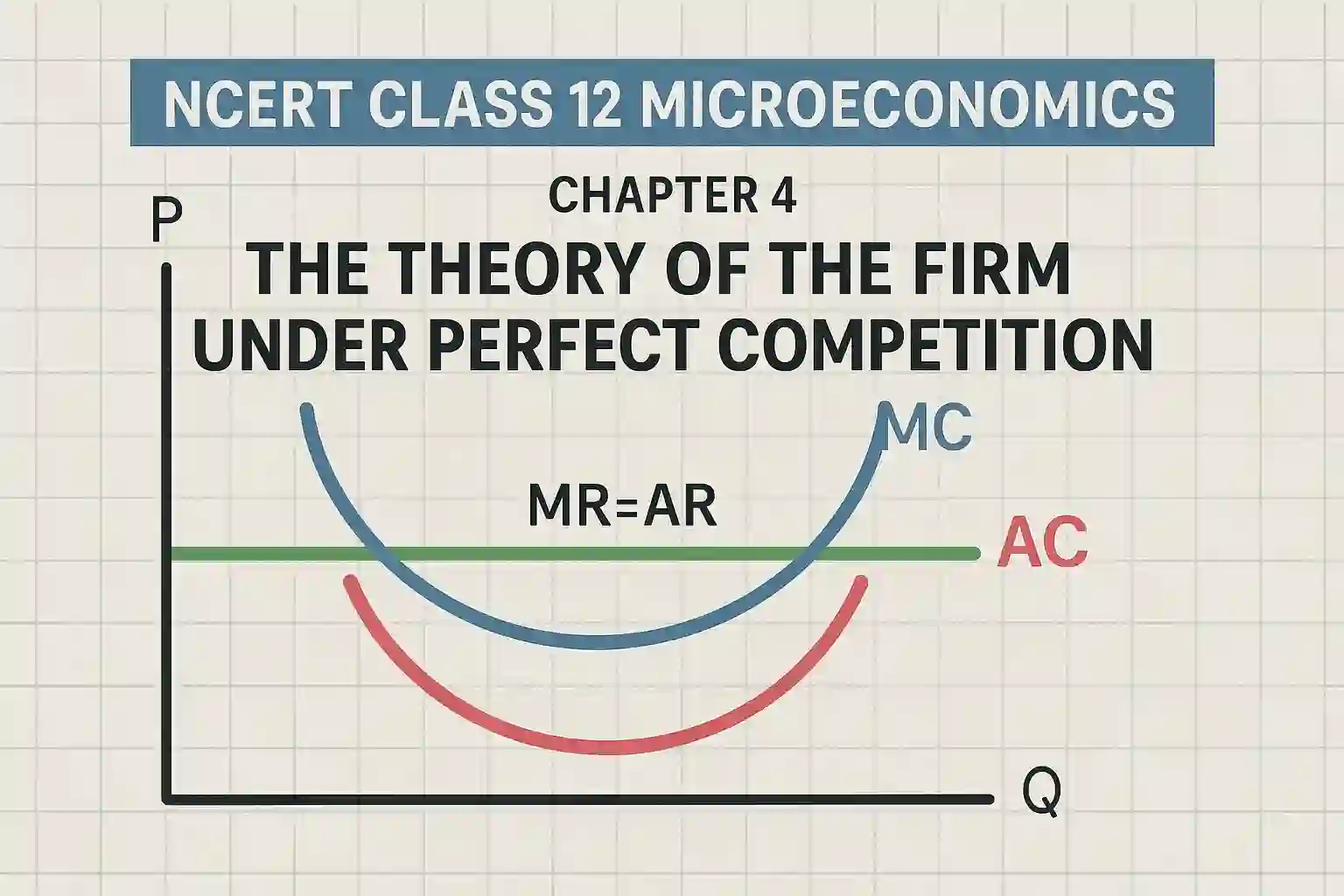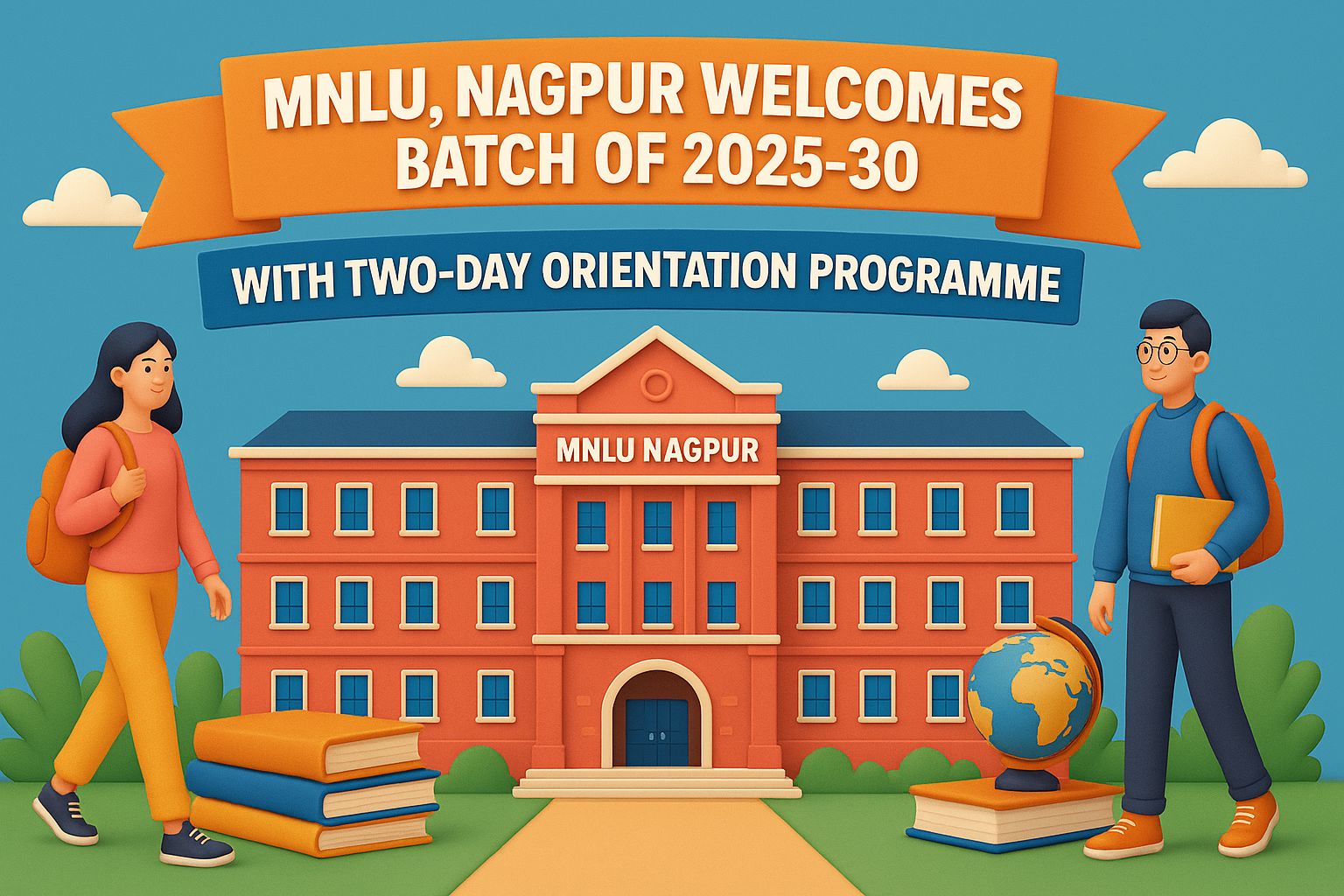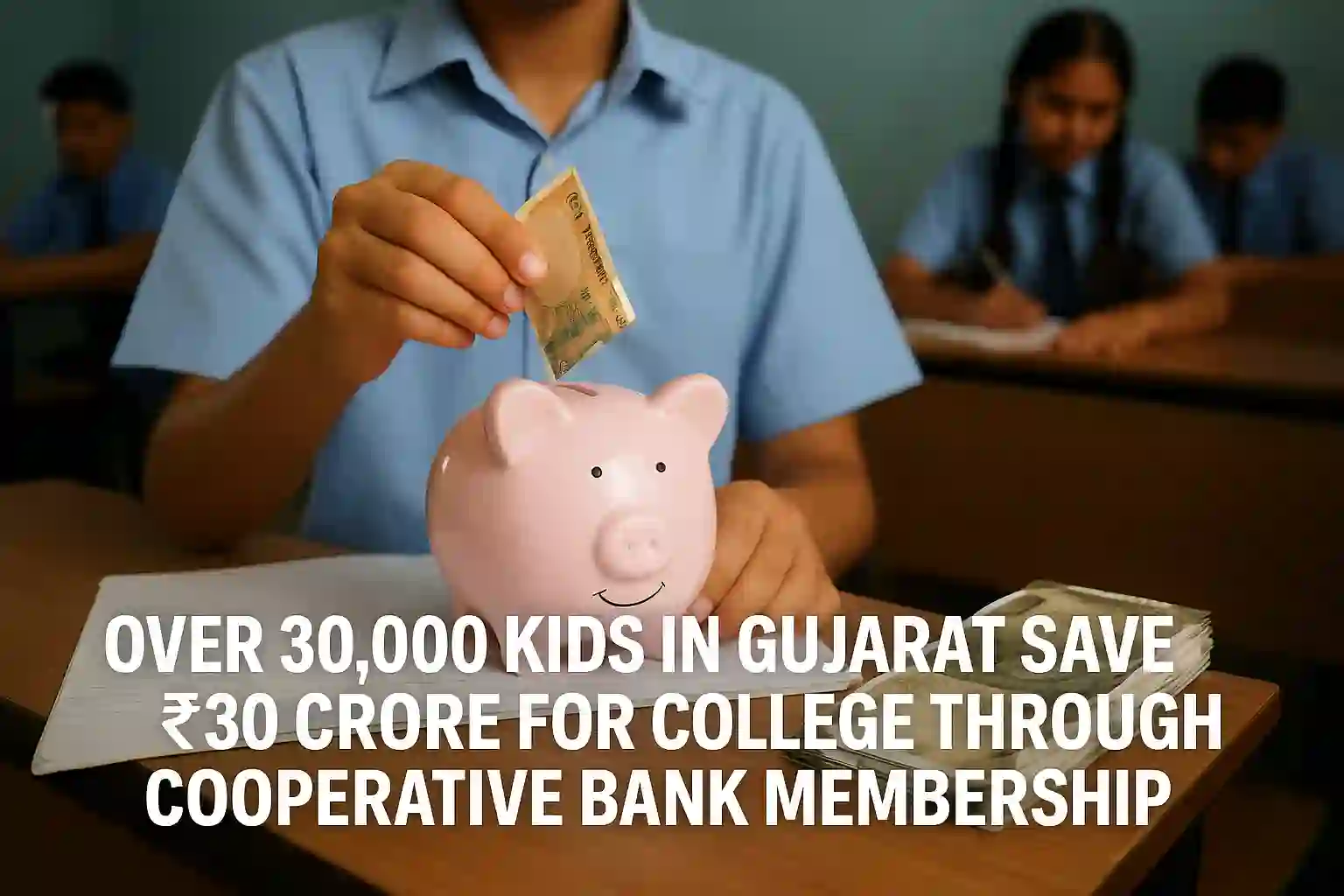The Central Government recently revealed that more than ₹28 crore has been disbursed to minority students in Jammu and Kashmir under various education loan schemes since 2020. These funds were allocated through the National Minorities Development and Finance Corporation (NMDFC) with the aim of supporting higher education and skill development among students from minority communities in the region.
I chose to write about this topic because education loans have become a lifeline for many students in conflict-prone areas like Jammu and Kashmir. The fact that such a significant amount has been sanctioned specifically for minority students reflects both a focused policy push and the growing demand for quality education among these communities. It’s also important to highlight such initiatives because many students and parents are still unaware of these schemes or unsure how to apply. Writing about this might help create awareness and motivate more students to pursue higher studies without financial stress.
What the Numbers Say
According to data shared by the Ministry of Minority Affairs, the NMDFC has disbursed ₹28.27 crore to students in Jammu and Kashmir since 2020. These loans were given under the education loan scheme run by NMDFC, which provides financial assistance to students from notified minority communities, including Muslims, Christians, Sikhs, Buddhists, Parsis and Jains.
The scheme covers both professional and technical education in India and abroad. Students can borrow up to ₹20 lakh for studies in India and ₹30 lakh for studies abroad, with a concessional interest rate of 3 percent per annum. The repayment period is up to 5 years after completion of the course.
Why This Scheme Matters
For students living in regions like Jammu and Kashmir, access to higher education is often disrupted by financial constraints and regional instability. This loan scheme gives them a fair chance to compete, learn and build a better future. What’s more, it is not just limited to academic courses—vocational training and skill-based programmes are also covered, making it more inclusive.
Many students from minority communities hesitate to take bank loans because of strict documentation and guarantor requirements. NMDFC’s model is more flexible and is routed through state channelising agencies, making it accessible at the local level.
How to Apply
Eligible students can apply through the official NMDFC portal or approach the state channelising agency in Jammu and Kashmir. Here are the general eligibility criteria:
- The applicant must belong to a minority community
- Family income should not exceed ₹6 lakh per annum
- Admission must be in a recognised institution in India or abroad
- The course should be job-oriented (technical, professional or vocational)
Students also need to submit an admission letter, income certificate, proof of minority status and other necessary documents.
Impact Seen on the Ground
Over the last few years, students from districts like Baramulla, Anantnag, Srinagar and Jammu have benefited from this scheme. Many have gone on to pursue MBBS, engineering, pharmacy, nursing and management courses. A few have even received loans to study abroad in countries like the UK and Canada.
One example is of a student from Pulwama who secured a ₹15 lakh loan to pursue an M.Tech degree in Bangalore. He said the interest rate was affordable, and the repayment window gave him breathing space to focus on his studies first.
Schemes like NMDFC’s education loan programme can be game-changers, especially for students from less privileged backgrounds. While financial help is only one part of the solution, it is a crucial one. What is needed now is better awareness, easier application processes, and continued government backing. Jammu and Kashmir has no shortage of talent—what’s needed is consistent support so students can dream big and study without fear of funds. This ₹28 crore is not just a number—it’s an investment in the future of the region.





